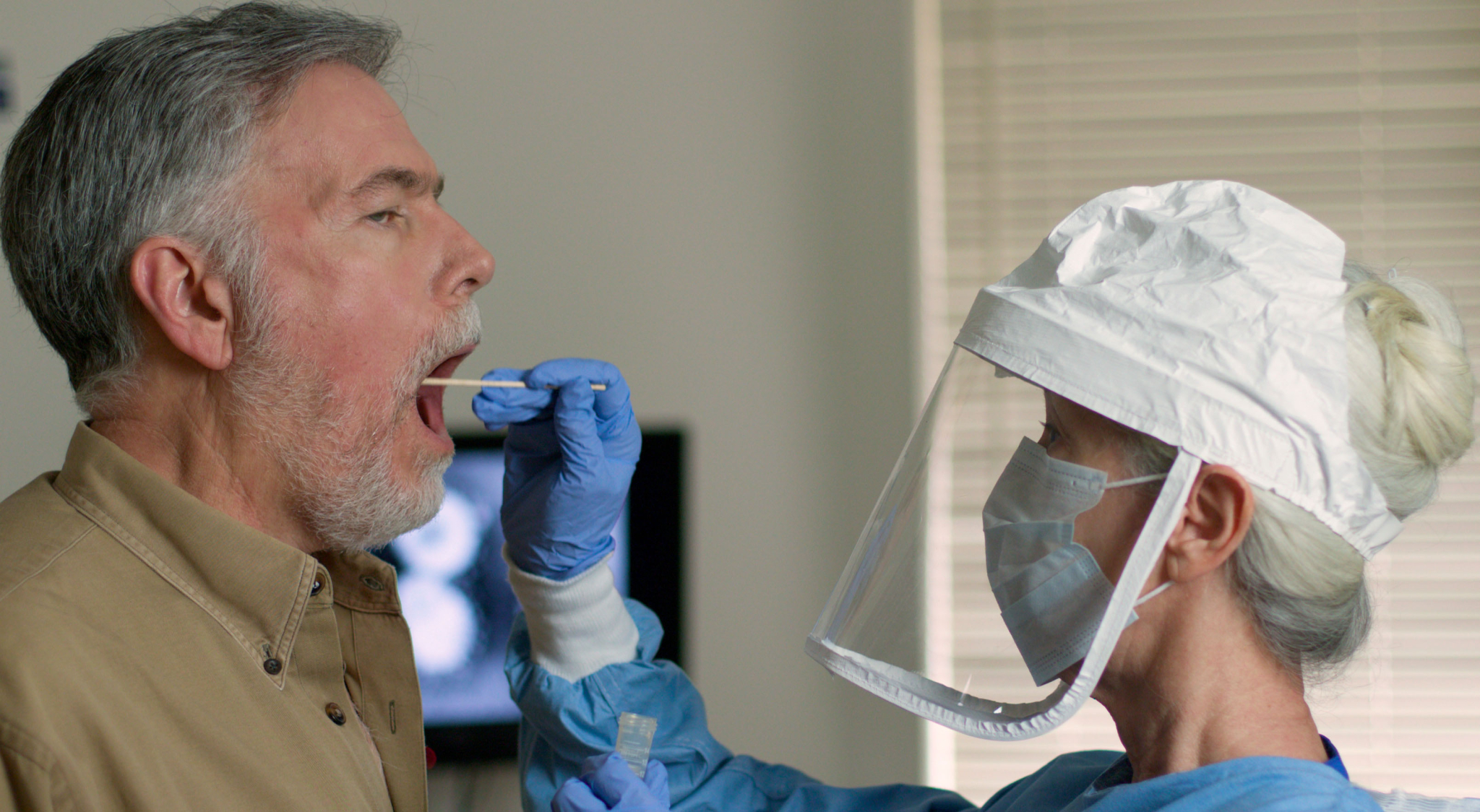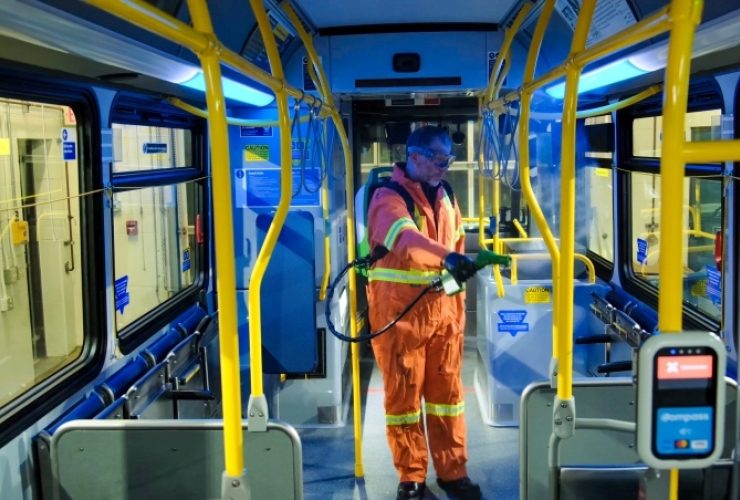A chain-smoker develops pneumonia and nearly dies — and quits smoking.
An alcoholic is informed by his family they’re leaving — and sobers up.
It is well-recognized that a sudden, unexpected shock — frequently painful — can terminate a long and apparently unshakable pattern of self-destruction.
Dragged out of its usual wild host species, COVID-19 has shocked humankind into massive, unprecedented change.
A tiny virus, barely 1/500th the diameter of a human hair, has done something no political figure, leading scientist or powerful social leader has been able to accomplish, precipitating conduct that, if sustained, could save us and the planet from untold further suffering.
What COVID-19 has done
It has compelled us to openly and selflessly care for one another, across every traditional barrier of race, colour, age, ethnicity, wealth, language, culture and social station.
It has made us reduce greenhouse gas emissions dramatically, almost overnight.
It has slowed our reckless and relentless consumption of the planet’s resources to a trickle.
It has made us radically curtail the extraction, processing and combustion of fossil fuels.
It has improved air quality everywhere, allowing people to breathe more easily and see the world around them, clear and bright.
It has induced scientists, political leaders and business figures around the world to altruistically co-operate and collaborate.
It has made us set aside petty rivalries, partisan politics and narrow self-interest in favour of elaborating on common solutions that benefit everyone.
It has led us to endless acts of kindness, creativity, generosity and selflessness.
COVID-19 has made us think
As we stay home, avoid crowds, wash hands, wear masks and avoid touching one another — challenging steps that protect our own health and, critically, the health of others — we have begun reflecting on who we are, what we have been doing in our world and why we have been doing it.
Most of us know we’re heating up the planet, melting polar ice, raising sea levels and causing wildfires, droughts and extreme weather events.
Most of us know of the tsunami of plastic filling landfills and accumulating in vast swathes in the ocean, inflicting agonizing death on sea life.
Everyone in a big city has breathed in dirty air, knowing it will harm their health.
Many have read the detailed accounts from the scientific and health communities spelling out the harms of air pollution, water pollution, greenhouse gases and especially radically unsustainable overconsumption of Earth’s vast store of beneficent riches.
But we have been paralyzed by our addiction — not just to fossil fuels or plastic, but to the delusion the planet is our plaything.
We have expanded our species’ influence on Earth’s metabolism, fantasizing irrationally that we can always make it right, tuning out warnings of “tipping points” and ecosystems in “irreversible decline.”
We fly anywhere on a whim, shop as entertainment, intrude into any space we want, eat as much as we can of anything we like and amuse ourselves with any pastime — indifferent or willfully ignorant with respect to the effects on others and our planetary home.
The lesson
Now, a 120-nanometre virus, impartially inflicting disease and death on humanity, has spoken with a voice of thunder.
Its message? Invade Earth’s spaces with your structures, your activities and your pleasures, and you will pay a price. Act irresponsibly and heedlessly, and you will bring suffering on yourselves, and on your children, and on your children’s children.
This tiny microbe has inspired the most profoundly positive aspect of our nature: love for one another and for our planetary home.
It has also triggered false steps — throwbacks to our old addiction to irresponsible selfishness.
It has gifted us with a lesson, and a choice. There is only one right answer.






Comments